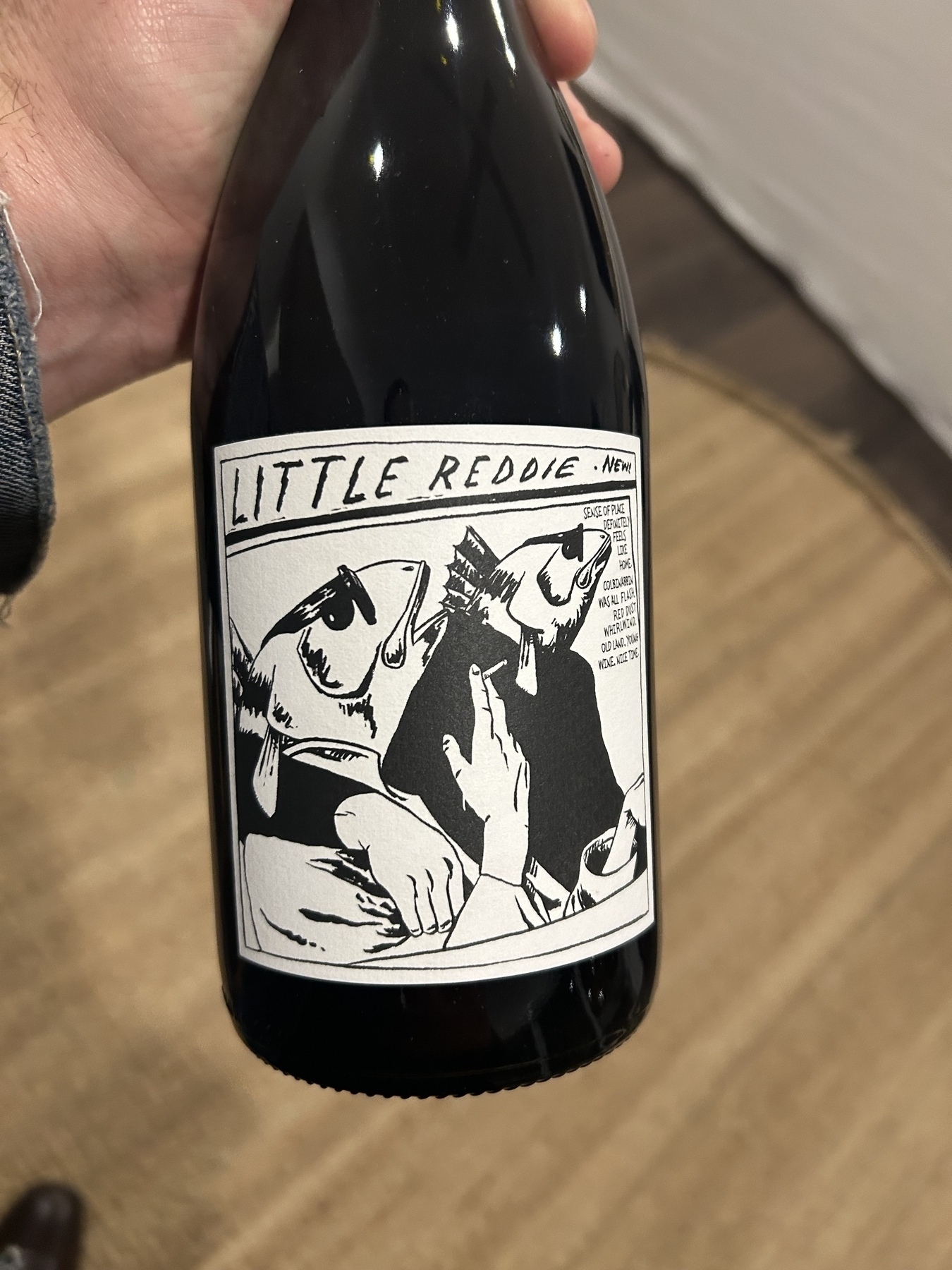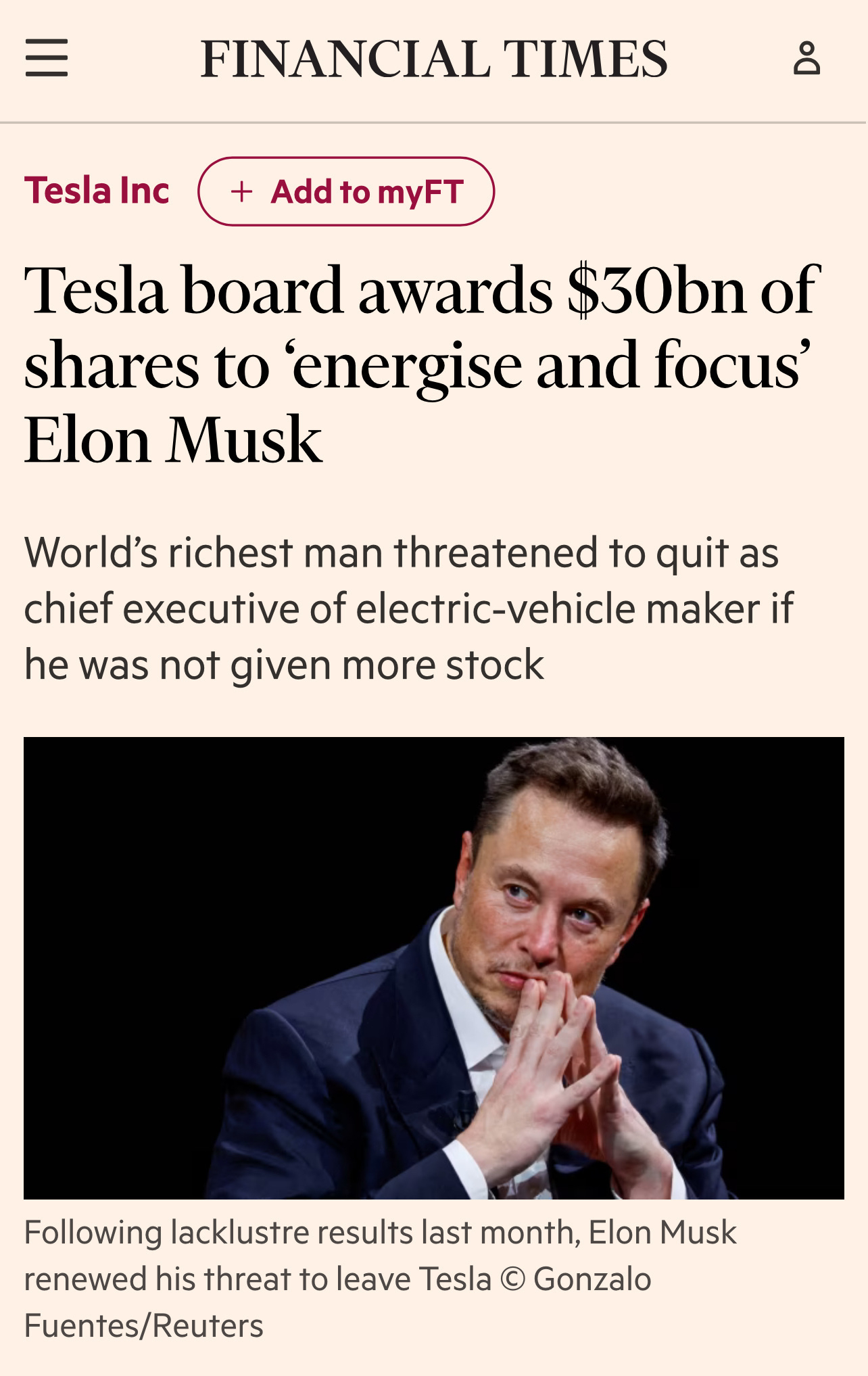This is a fantastic case study in the perils of vibe coding, via Adam Kent:
Now hiring – Head of State (remote):
”According to the office, Nausėda plans to continue combining work and rest in a similar manner in the future.”
Really interesting reporting by Julian Fell, via The Sizzle
“We are witnessing a massive move [by the World Bank] to consider financing a range of large projects expected to have huge impacts on river basins, or that have already provoked huge, historic controversies… The World Bank is revisiting projects it once dropped because of obvious challenges and risks, but those risks did not go away.”
In a Major Reversal, the World Bank Is Backing Mega Dams – Yale Environment 360
This was an interesting read: Billionaires Destroyed American News Media On Purpose
It seems self-evident to me, but I guess that’s because Australia, as a tiny duopolistic backwater in almost every sector and a Murdoch testing site, is 20+ years further along this path. Enjoy the ride America.
I appreciated this post on perfume reviews by Gwern.
I’ve been giving some a go lately and discovered I’m a sucker for oud and star anise, and agree with the post that Fragrantica reviews are some of the funniest writing in existence.
It’s amazing that Netflix is becoming A.I. slop but you’re still expected to pay for it on even the ad-supported tiers: Netflix uses AI effects for first time to cut costs. People in the know always said that the cord-cutting endgame was a worse version of cable TV, but it’s shocking how much worse it is.
What kind of sad act would buy a bottle of wine just because the label looks like Sonic Youth’s Goo album?

Minister, two basic rules of government: Never look into anything you don’t have to. And never set up an enquiry unless you know in advance what its findings will be.
Imagine every process that required human attention being intermediated or entirely done by A.I.
We’re already there.
Friday: Antisemitism envoy praises Elon Musk’s X for using AI to ‘root out hate’
I wouldn’t have guessed Australian universities are more antisemitic than x dot com 🤷






